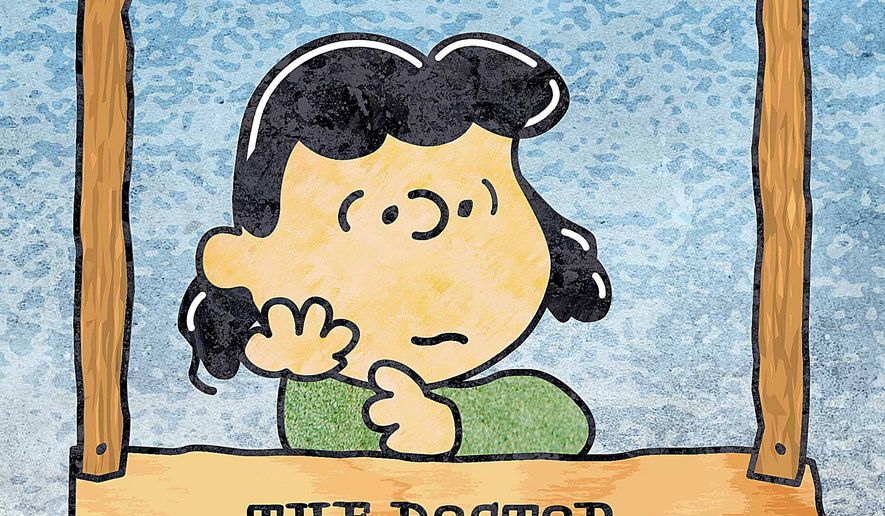OPINION:
Violence in the name of religion is a world-wide phenomenon. Extremism fueling bloodshed is a daily occurrence. And for every act of intolerance and inhumanity, a new foundation, based on good will to mankind, bubbles to the surface. The intention is always admirable: “Understanding,” “interaction” and “mutual respect” are the foundational words of these organizations.
Clearly there is a purpose and, as clearly, the progenitors mean well. These are invariably good people on a mission that is more than likely doomed to fail. Why am I a cynic?
Mutual understanding — the alpha and omega of these foundations — is harnessed by the word “mutual.” As any radical Muslim will tell you, the West must reform to accommodate his position, but under no circumstances will he alter his stance.
For example, suppose you argue that as long as one embraces the U.S. Constitution, latitude to promote the faith is unhindered. Surely, this might be regarded as an accommodative position. However, the radical Muslim will invariably say, “Your law is one I cannot embrace because I am loyal to the higher law of Shariah given to me by Allah.” At this point, any logical syllogism collapses.
Undeterred, the new foundation spokesman will reach his bag of rational arguments and call for intensive training courses; needless to say, they are always intensive. Case studies are analyzed; human rights issues debated and conflict resolution theory put to the test. Students wax enthusiastically about the result. But does Boko Haram care? Do the Islamic State madmen beheading their victims worry about human rights?
Self-delusion is part of the package. There is a sheer unwillingness to accept the fact that evil exists and is not subject to elimination through rational exchange. This fact is challenged everywhere there is a well-meaning person who believes he can make a difference. As George Orwell noted, “the further a society drifts from the truth the more it will hate those who speak it.” It is simply hard to say good work is not likely to change the conditions one deplores. That is a hard lesson to learn.
Part of the problem, of course, is that religion isn’t rational; it is based on faith. The idea that one benefits from understanding religion denies the faith-based dimension of religious adherence. Forcing religion into the narrow valley of thought is, alas, a dead end. Nonetheless, foundation officials will spend endless hours on a worthless metric system that presumably measures attitudinal change in the target group, albeit the target group is not comprised of the extremists the foundation is trying to influence.
After the course is completed, the evaluation obtained and the congratulations conferred, the radical groups will still be free to engage in their pernicious acts. Surely many will feel good about “all” that has been accomplished. Awards will be granted and perhaps a Nobel Prize given, the proverbial brass ring in the foundation world. Some will even chirp that this is a sensible strategy for counterterrorism. It does beat doing nothing — or does it?
As I see it, terrorism must be defeated. Evil anticipated. There really aren’t alternatives. While Winston Churchill admonished that “jaw-jaw is better than war-war,” that isn’t always the case. Extremists interpret good deeds as weakness. For them, these educational efforts are neither informative nor transformative. They may make participants feel good, but change among terrorists isn’t in the offing.
• Herbert London is president of the London Center for Policy Research.




Please read our comment policy before commenting.